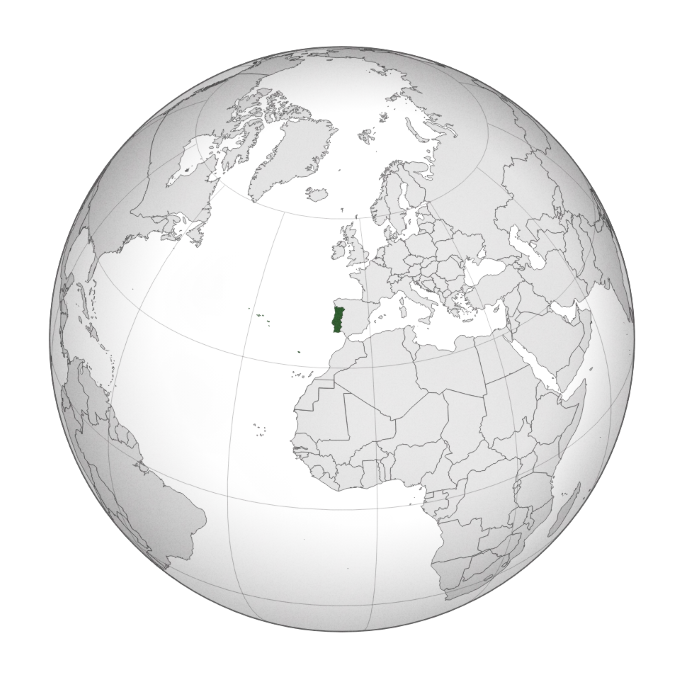Pimba is what the Portuguese do to recover from the travails of life - and their famous but sometimes emotionally draining forms of music. Like the supposedly untranslatable Saudade Pimba too is untranslatable. Or maybe not. It means hitting on or having sex, and is a recently coined slang term roughly equivalent to the English bang.
And Emanuel is the man who invented it, and the popular musical form going by the name. His breakthrough 1995 hit has the refrain Nós pimba Nós pimba ("We Pimba! We Pimba!). These words were put to a very basic tune with a dull base line, but perky accordian music. The main appeal was in the words, and the vigorous dance moves that accompanied them.
Emanuel - "Pimba Pimba"
Emanuel - "Pimba Pimba" (Bang Bang)
Much of Emanuel's early work, like Pimba itself and the dualing singing style Desgarrada, can be difficult to understand or translate. Both rely on verbal jokes and a shared Portuguese sense of humour. Britain once had something similar - and likewise hugely popular, in the Carry On films of Sid James and Kenneth Williams. Their comedy relied on double entendres and innuendo, which made them innaccessible to audiences outside a shared British popular culture.
Emanuel though is something more modern - not a throwback to an endangered cultural unity, but a modern artist and entrepreneur who has gone on to become a pan-European dance phenomenon. After producing musically dull but - for the Portuguese, hilariously funny Pimba albums, he moved on to producing musically interesting, culturally promiscuous dance hits.
Here though we want to look at another collaboration that
 Map:
Map: